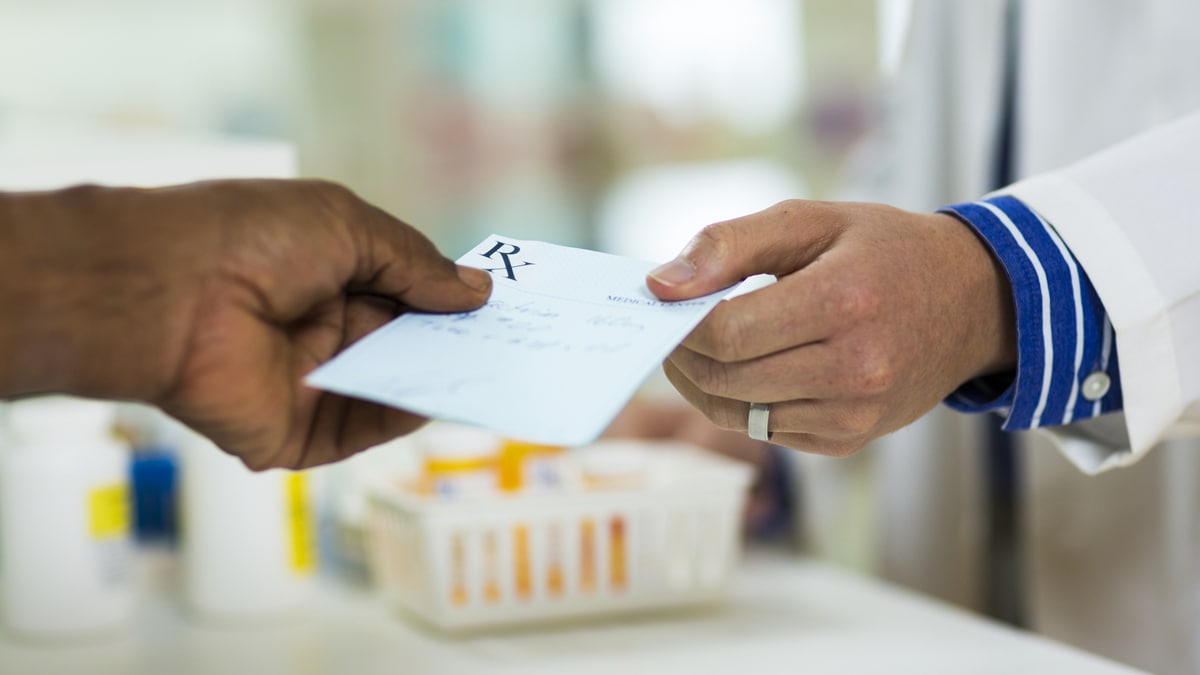Time: 2024-08-20
The Centers for Disease Control and Prevention ( CDC ) has recently issued clinical guidelines recommending the use of doxycycline as post - exposure prophylaxis to prevent Sexually transmitted infections ( STIs ) after engaging in sexual activities . This treatment method , known as DoxyPEP , involves taking a single dose of the antibiotic within 72 hours following anal , vaginal , or oral sex . The new guidelines are based on findings from the DoxyPEP trial , which included over 500 gay and bisexual men and transgender women enrolled in public health clinics in San Francisco and Seattle . The results showed that taking doxycycline after sex significantly reduced the risk of contracting gonorrhea , chlamydia , and syphilis.

CDC encourages healthcare providers to discuss doxyPEP with individuals who may benefit from this preventive measure . The guidelines developed by the CDC are based on extensive research and consultations , aiming to reduce the risk of bacterial STIs such as syphilis , chlamydia , and gonorrhea . Healthcare providers should recommend doxyPEP to all individuals with a history of at least one bacterial STI in the past 12 months . Patients are advised to take doxycycline within 72 hours after engaging in sexual activities , with a prescription of 200 mg and specific instructions to minimize side effects.
Regular follow - up visits are recommended to reassess the need for continued doxyPEP treatment , along with screenings for STIs and HIV . CDC emphasizes the importance of comprehensive sexual health counseling when implementing doxyPEP as part of preventive healthcare strategies . Ongoing monitoring is essential to evaluate the effectiveness of doxyPEP in reducing bacterial STI rates and to identify any potential development of antimicrobial resistance.
Studies have shown that doxyPEP is effective in reducing bacterial STI rates among certain high - risk populations , including gay , bisexual , and other men who have sex with men , as well as transgender women . However , there is insufficient evidence to assess the benefits and risks of using doxyPEP in other populations . The long - term impact of doxycycline use on antimicrobial resistance and the microbiome remains a topic of ongoing research and monitoring by the CDC and other research organizations.
To minimize the risk of antimicrobial resistance and maximize the benefits of doxyPEP , CDC guidelines focus on specific groups for whom this preventive measure has been proven effective . As additional data become available , the guidelines will be updated to provide the most current recommendations for preventive healthcare in the fight against sexually transmitted infections.